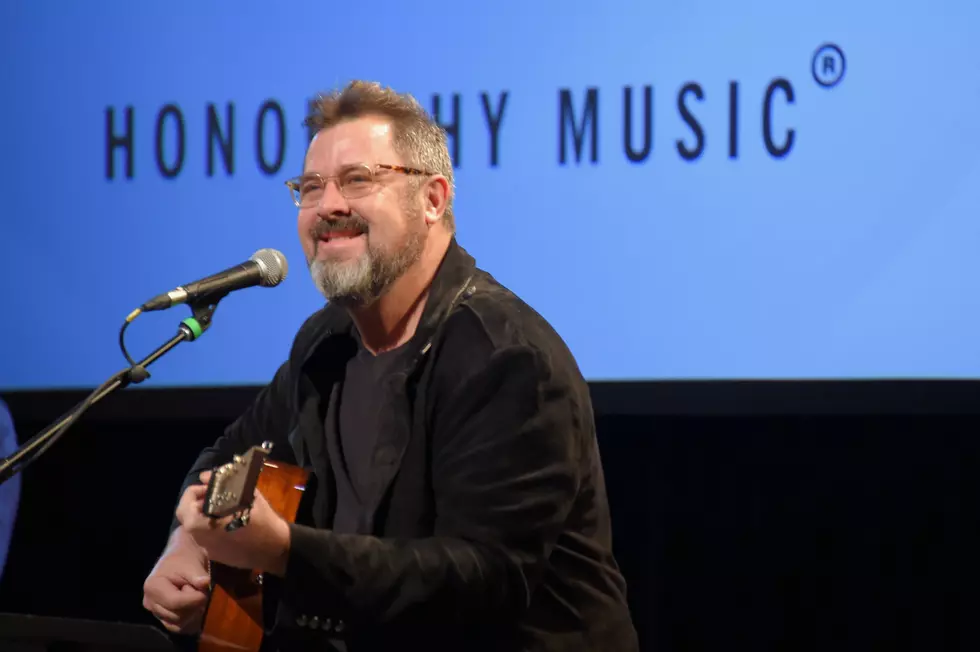
Vince Gill Reflects on Country Music’s Cyclical Nature: ‘The Circle Is Never Unbroken’
Vince Gill has been around long enough to know that country music is constantly evolving. The veteran singer began his career in the mid-1970s and, over four decades later, is still releasing music. That fact, and his legendary status within the genre, made him a perfect candidate for a "talking head" spot in Ken Burns' Country Music documentary, premiering on PBS on Sunday (Sept. 15).
Gill speaks throughout various episodes of the eight-part series, commenting on country music history and happenings from before his day all the way up to the '90s, at which point the where the film concludes (for now). Gill's take on the matter is that the genre follows a cyclical nature.
"Well, I think when you talk about history, it’s wise to look at the entirety of it and not just a moment of it," Gill told The Boot and others during an interview ahead of the release of his latest album, Okie. "Take the first records that were ever made, which is the Carter Family and Jimmie Rodgers: One was the blues, and one was the church. Beer house and church, that’s what got us started. Then along comes some of the jug band music in the ‘30s, and then Roy Acuff. It’s all kind of a certain way. Then the ‘40s come along, Hank Williams starts getting a little more beer joint-y and honky-tonk-y and starts getting a little bit of that swagger like the swing music that was going on.
"If you think about it, it’s always changed and it’s always evolved," Gill continues. "It’s done all these different things."
Fans may lament the state of modern country music, or where the genre is headed, but that's nothing new. As country's sound has shifted throughout the decades and picked up new influences, people complained, but there's no singular definition of "traditional" country music because of that very evolving nature.
"Well, they probably did the same thing in the ‘30s, then again in the ‘50s, then again in the ‘70s. That’s the way it’s been going on since it first began," Gill says. "That’s the way it should be. It should evolve. It all changes. It’s nothing new."
Many people have their own preferred era that serves as a personal blueprint of what is "good country music." Gill personally looks to the late '50s through the early '60s as his favorite period, though his heyday didn't come until much later.
"Merle Haggard showed up in the ‘60s, and it got twangy again. It got beer joint-y again. It got tough. It got more like a five-piece rock band playing country music. It was sharp and had an edge to it," Gill reflects, "and then it got kind of toasty in the ‘70s. It got [a] kind of R&B influence. Pop music influenced it at different times, too.
"To try to figure it all out is mind-numbing. It's always been what the young people who come along want it to be," he continues. "What I feel like, though, is it always returns. The circle is never unbroken, because it’s always seemed to me to be in the form of a circle."
Country Music will debut on at 8PM ET on PBS, and will air in consecutive Sunday-through-Wednesday blocks: Sept. 15-18 and Sept. 22-25. The documentary covers the genre from the very roots of American music to the pivotal year of 1996.
50 Country Songs Everyone Must Hear Before They Die
More From TheBoot









